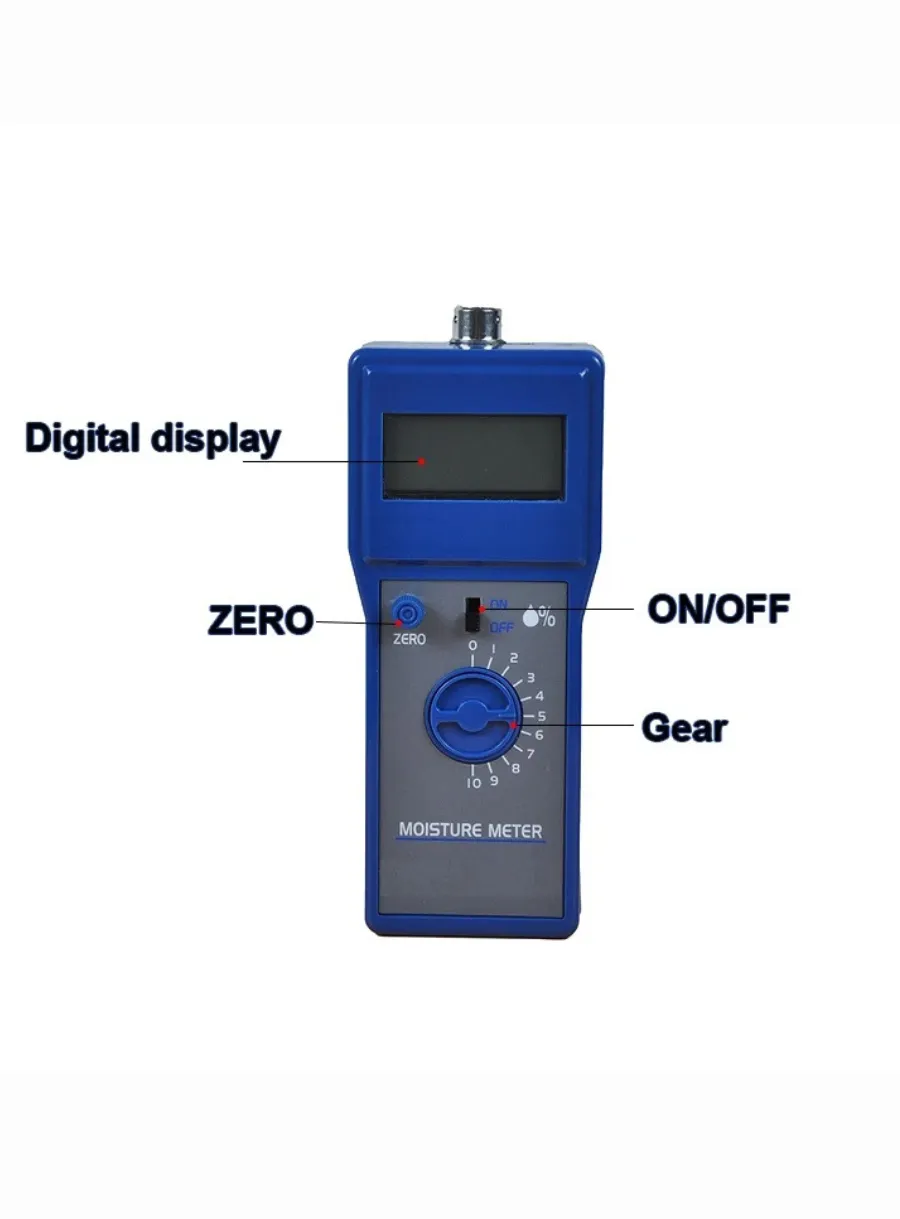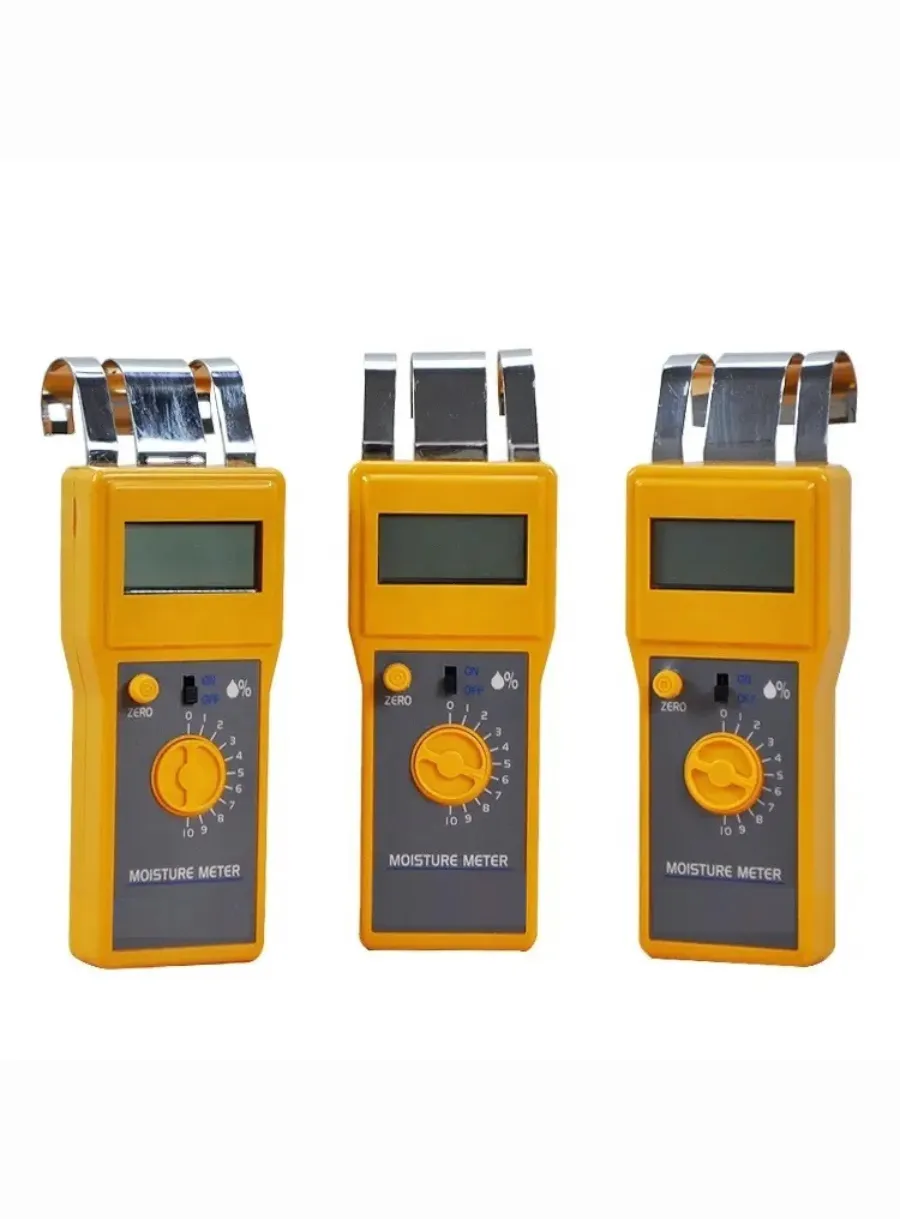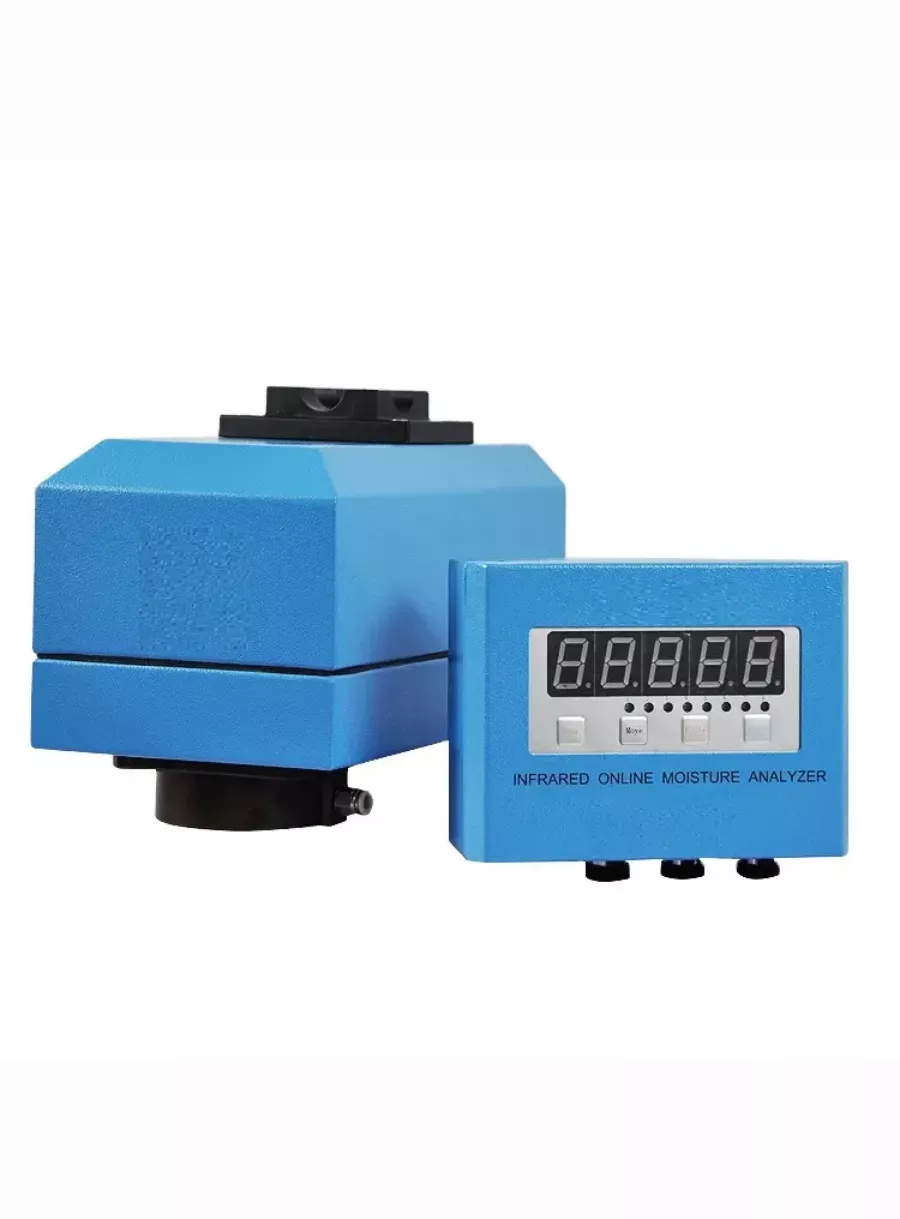
How Cotton Moisture Meters Impact Cotton Harvesting
Table of Contents

The Significance of cotton moisture meters revolutionize harvesting
Cotton, a versatile and widely used natural fiber, plays a significant role in the global textile industry. The quality of cotton is largely determined by its moisture content, which directly impacts the cotton harvesting and ginning operations. To ensure optimal cotton quality and efficiency in these processes, cotton moisture meters have become an indispensable tool for farmers, ginners, and textile manufacturers.
Cotton moisture meters are devices designed to measure the moisture content in cotton bales, which is crucial for determining the optimal time for harvesting and ginning. The moisture content of cotton is a critical factor that affects its quality, storage, and processing. High moisture content can lead to mold and mildew growth, reducing the cotton’s value and making it unsuitable for textile production. On the other hand, low moisture content can cause the cotton to become brittle and break during the ginning process, resulting in reduced yield and fiber quality.

The cotton moisture meter works by measuring the electrical conductivity of the cotton sample. When a voltage is applied to the cotton, the moisture content affects the flow of electrical current through the sample. The meter then calculates the moisture content based on the measured electrical conductivity. This non-destructive method allows for quick and accurate measurements, ensuring that the cotton is harvested and ginned at the optimal moisture level.
The use of cotton moisture meters has significantly impacted cotton harvesting and ginning operations. Farmers can now make informed decisions about the best time to harvest their cotton, ensuring that it is at the ideal moisture content for optimal quality and yield. This has led to increased efficiency in the field, as farmers can avoid unnecessary trips to the gin and reduce the risk of cotton damage during transport.
In addition to benefiting farmers, cotton moisture meters have also improved the efficiency of ginning operations. Ginners can now accurately determine the moisture content of incoming cotton bales, allowing them to adjust their ginning processes accordingly. This has resulted in reduced energy consumption, increased throughput, and improved fiber quality.
Moreover, cotton moisture meters have played a vital role in ensuring the quality and consistency of cotton in the global textile market. By providing accurate moisture content measurements, these devices help maintain the quality of cotton from the field to the textile mill. This has led to increased consumer satisfaction and a more reliable supply chain for the textile industry.
In conclusion, cotton moisture meters have had a profound impact on cotton harvesting and ginning operations. By providing accurate and timely moisture content measurements, these devices have allowed farmers, ginners, and textile manufacturers to optimize their processes and ensure the highest quality cotton for consumers. As the global demand for cotton continues to grow, the use of cotton moisture meters will remain essential for maintaining the quality and efficiency of the cotton industry.
Comments
Tags
Frequently Asked Question
Cotton moisture meters help farmers determine the optimal time to harvest, ensuring ideal moisture content for quality and yield, and reducing unnecessary trips to the gin.
High moisture can lead to mold growth and reduced value, while low moisture can cause cotton to become brittle and break during ginning, resulting in reduced yield and quality.
They allow ginners to accurately determine incoming cotton bale moisture, enabling process adjustments that result in reduced energy consumption, increased throughput, and improved fiber quality.
Cotton moisture meters ensure consistent quality from field to textile mill, leading to increased consumer satisfaction and a more reliable supply chain for the textile industry.


